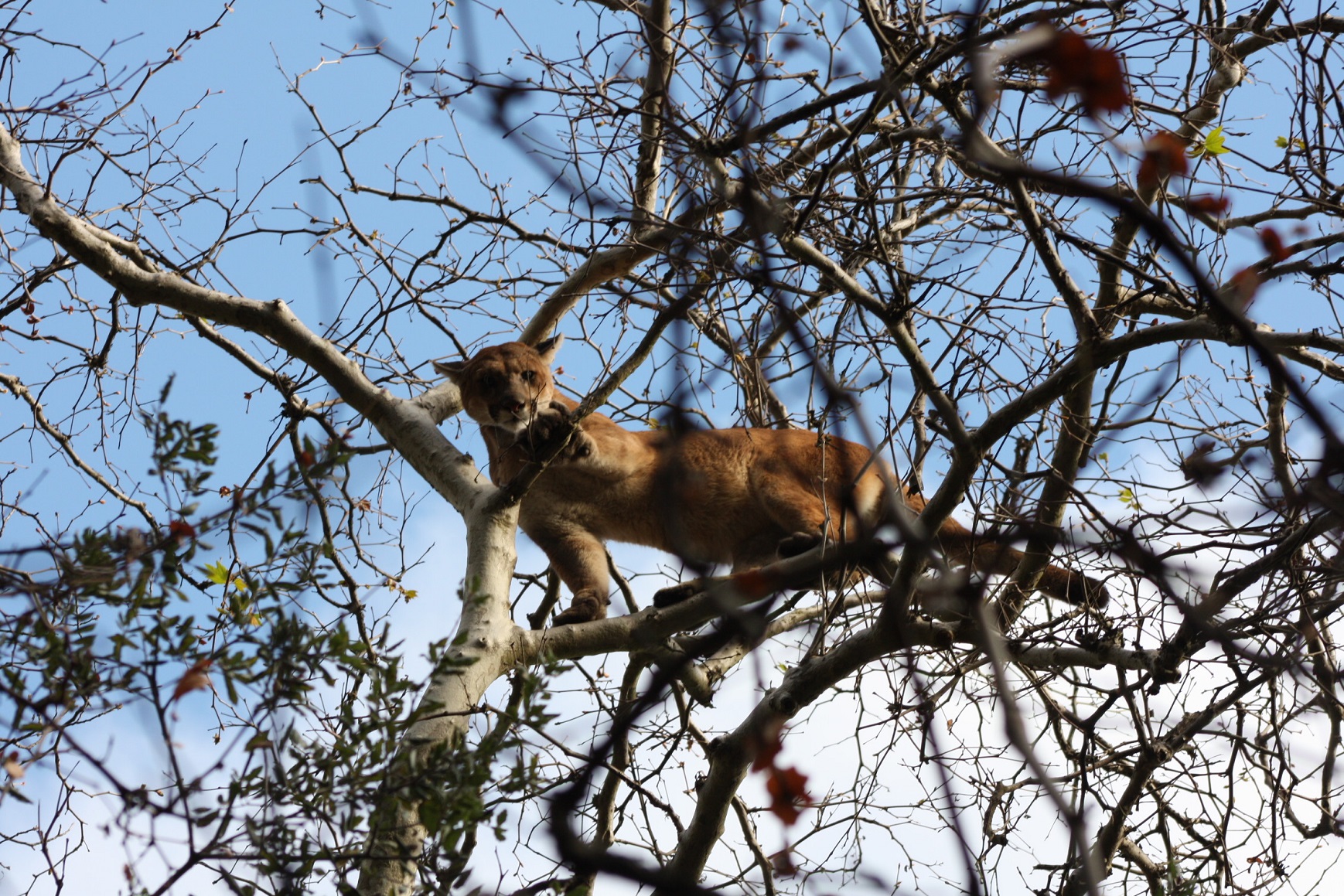
by Geitner Simmons | IANR Media
University of Nebraska–Lincoln scientists have contributed to a wide-ranging research collaboration in California that is pursuing innovative methods in the study of wildlife ecology. The project, focusing on survival and factors influencing mortality of California mountain lions, broke new ground in several ways.
First, the scientists found that human-caused mortality adds to mortality from natural sources and results in lower population-level survival rates, contrary to a longstanding theory in wildlife studies. The findings of “additive” human-caused mortality are important for wildlife management and conservation.
The study found, in fact, that human-caused mortality, primarily involving conflict with humans over livestock and collisions with vehicles, was the leading cause of death for this protected large carnivore, even though California law prohibits the hunting of mountain lions under a statewide ballot measure approved in 1990.
Second, the project assembled separate studies of the state’s highly dispersed mountain lion populations into a single, statewide study — a rarity in wildlife ecology research and a methodological advance for strengthening such scientific work. In all, the research team tracked almost 600 mountain lions in 23 study areas.
Read the full story and see more images at:
More details at: https://news.unl.edu/newsrooms/today/article/husker-researchers-contribute-to-innovative-study-of-california-mountain/